Science investment 'vital for health of nation'
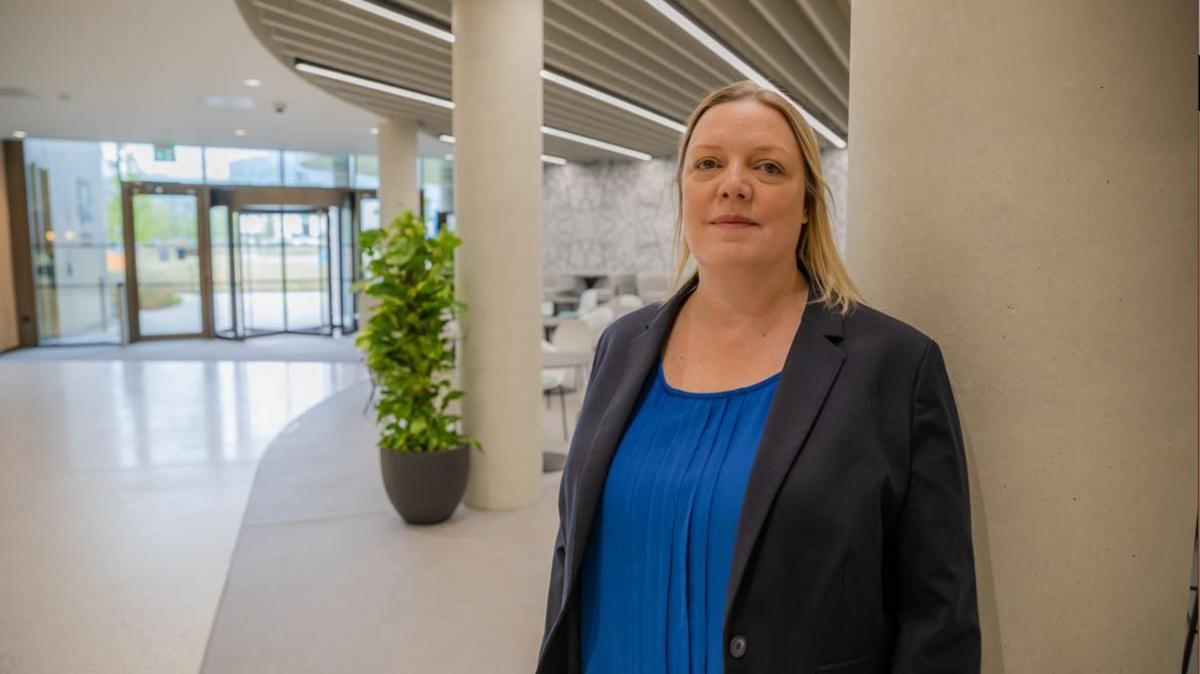
Prof Charlotte Summers says incentives are needed to keep or attract the best talent in the UK
- Published
Sustainable investment in science is vital to "improve the health and wealth of the nation", a leading clinician has told the BBC.
Prof Charlotte Summers, director of the Victor Phillip Dahdaleh Heart & Lung Research Institute, external on the Cambridge Biomedical Campus, external, said private businesses were also needed to properly make use of scientific research.
"There are more patents in Cambridge per head of population than anywhere else in the country," she said.
BBC Politics East's Race Across the East has taken the team across the region to look at key general election topics.
Prof Summers, who led a team fighting Covid in Cambridge during the pandemic, said: "UK PLC depends on talent. The best talent needs to come here to do their best work to improve the health and wealth of the nation.
"I think we have to ensure we're competitive - making sure that anybody who is smart enough and of the talent that we need comes and works with us."
Prof Summers, who divides her time between helping critically ill patients for the NHS at Addenbrooke's Hospital and running the research institute, said the party that wins the election must provide "sustainable funding for science in the UK".
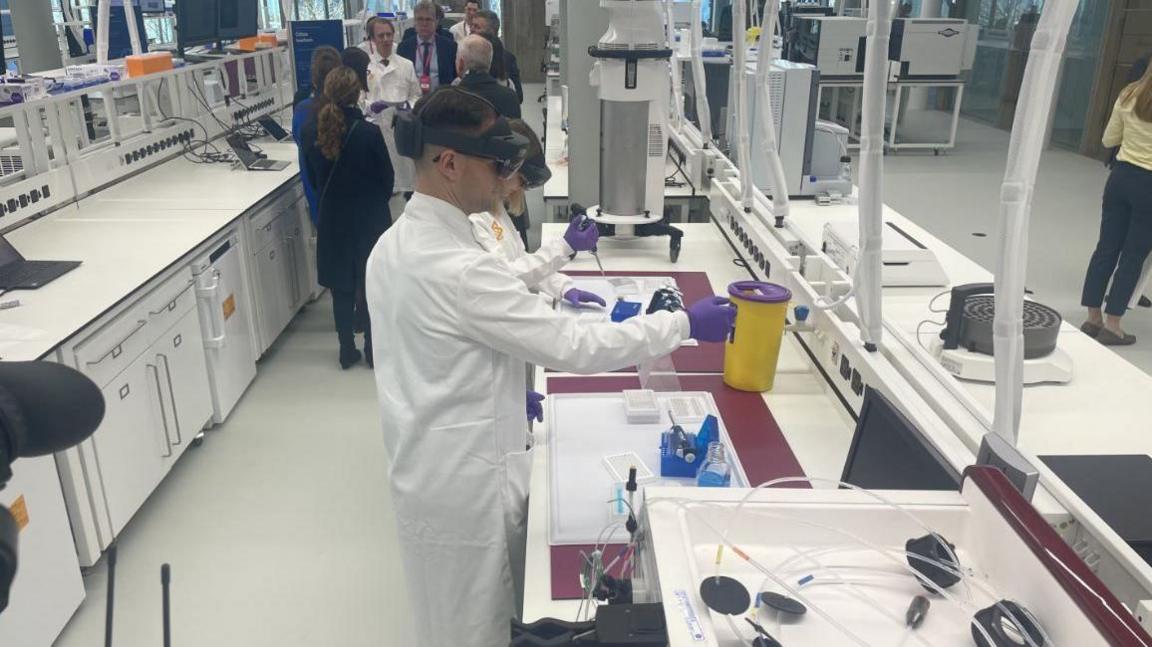
Leading biotech firms such as Astra Zeneca have chosen to have major laboratories in Cambridge
"You can't build at scale without sustainable investment," Prof Summers added.
"We also need systems to support us recruiting and retaining the very best talent in the world.
"We are good at what we do because we are able to attract the very best people to come and work here.
"Making sure that continues is vital."
She added that the UK economy also needed to be a good environment for companies so that scientific discoveries have a "meaningful impact for patients and the economy".
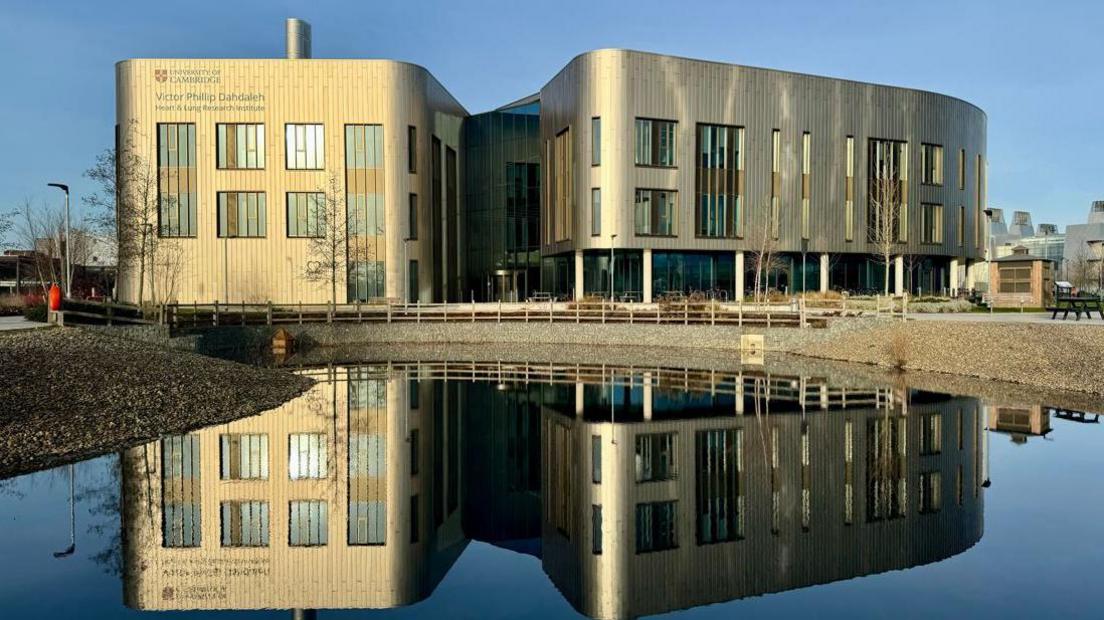
Victor Phillip Dahdaleh Heart & Lung Research Institute is part of the Cambridge Biomedical Campus
Political parties on science
The Conservative Party manifesto, external said it was supporting the "world-leading life sciences sector, embracing the opportunities provided by Brexit to pursue nimble and agile regulation, supported by a well-equipped Medicines and Healthcare products Regulatory Agency, external".
The party added that it would "support research into new treatments, including for Parkinson’s and motor neurone disease and secure more commercial clinical trials".
The Labour Party manifesto, external said: "The revolution taking place in data and life sciences has the potential to transform our nation’s healthcare.
"The Covid-19 pandemic showed how a strong mission-driven industrial strategy, involving government partnering with industry and academia, could turn the tide on a pandemic. This is the approach we will take in government."
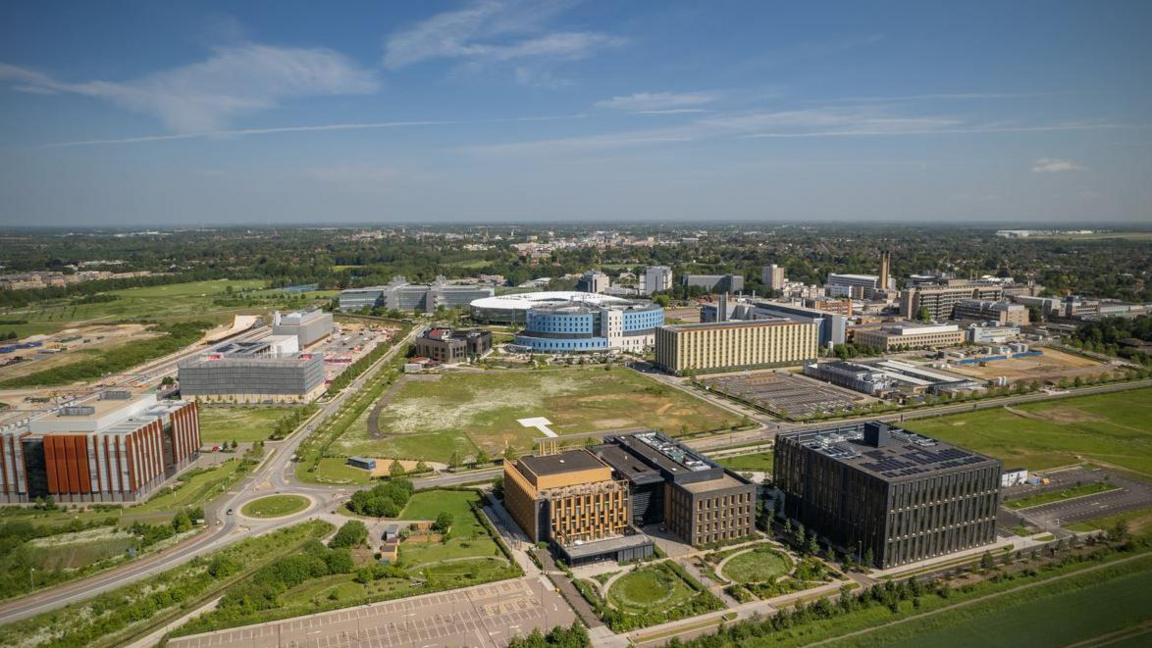
Victor Phillip Dahdaleh Heart & Lung Research Institute is based on the Cambridge Biomedical Campus
The Liberal Democrats, external said the party "would support science, research and innovation, particularly among small businesses and start-ups, in universities and in zero-carbon, environmental and medical technologies".
As part of this, the party aimed "for at least 3% of GDP to be invested in research and development by 2030, rising to 3.5% by 2034".
The Green Party, external said it would "seek to increase investment into research and development by over £30bn in the lifetime of the five-year Parliament". It added it would focus on "tackling the climate and environmental crisis".
The party said it would push the UK government to partner with universities to assess the most significant areas for research and development.
Reform UK, external says it will "will scrap Net Zero to cut bills and restore growth” - overturning the current government's pledge to take as much of its greenhouse gas emissions out of the atmosphere as it puts in by 2050.
Reform claims that “scrapping net zero and related subsidies” would save £30bn per year. It aims to focus on UK oil and gas, shale and "clean nuclear energy with new Small Modular Reactors".
BBC Politics East will be broadcast on Sunday, 23 June at 10:00 GMT on BBC One in the East of England, and will be available after broadcast on BBC iPlayer.

Follow Cambridgeshire news on Facebook, external, Instagram, external and X, external. Got a story? Email eastofenglandnews@bbc.co.uk, external or WhatsApp us on 0800 169 1830
- Published9 May 2024
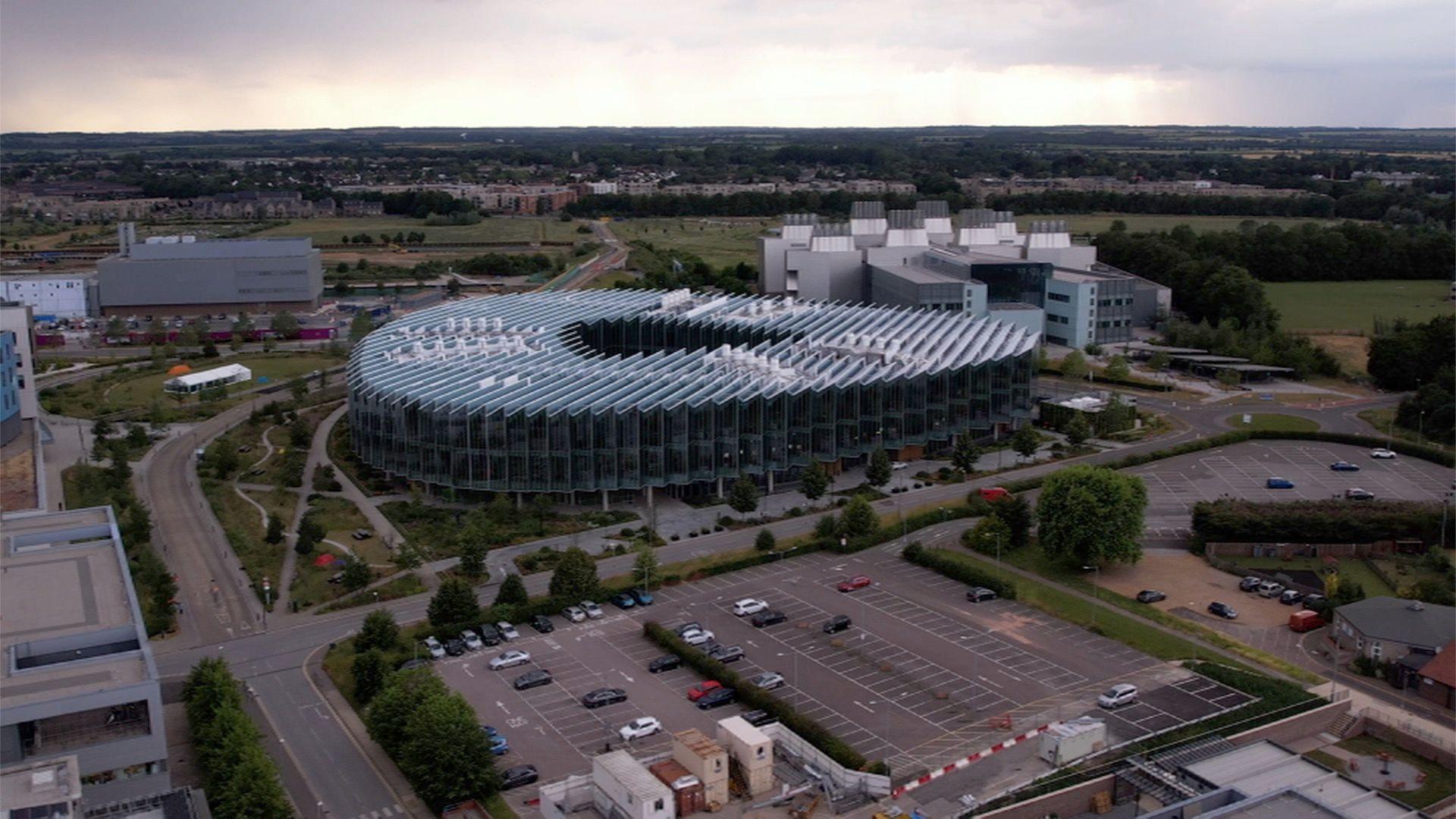
- Published18 April 2024

- Published10 June 2024

- Published25 April 2017
